Hawkish Israeli PM threatens to block Iran oil shipments
Israeli Prime Minister Benjamin Netanyahu has issued another military threat against Iran, this time saying that the regime’s navy could take action against Iranian oil shipments.
Speaking at a graduation ceremony of Israeli navy cadets in Haifa on Wednesday, Netanyahu claimed that Iran was trying to “covertly” ship fuel over maritime routes to “circumvent” the sanctions that the US unilaterally re-imposed on its energy sector in defiance of international objections after leaving a 2015 multinational nuclear deal.
“To the extent that these attempts widen, the navy will have a more important role in blocking these Iranian actions,” Netanyahu threatened.
The Israeli premier also urged the international community “to stop Iran’s attempts to circumvent the sanctions by sea, and of course, by any (other) means.”
This is while the international community has been critical of Washington’s withdrawal in May 2018 from the nuclear deal and the ensuing re-imposition of the economic sanctions, which had been lifted under the Joint Comprehensive Plan of Action (JCPOA), the official name of the agreement.
The other signatories to the JCPOA have vowed efforts to compensate for Washington’s absence and make sure Iran will be able to collect its economic dividends of the deal, among them selling oil freely.
Iran’s European partners in the JCPOA have recently unveiled a non-dollar direct payment channel, known as INSTEX, with the aim of protecting their companies against US bans and enabling them to continue trade with Iran.
In its initial stage, INSTEX will facilitate trade of humanitarian goods such as medicine, food and medical devices, but it will later be expanded to cover other areas of trade, including Iran’s oil sales.
Upon re-instating the “toughest ever” bans on Iran, Washington vowed to cut Tehran’s oil exports to “zero” and sought to pressure customers to stop their purchase of Iranian oil.
Senior Iranian officials have however stressed that Iran, as a country rich in oil and gas resources, cannot be excluded from the global energy market.
President Hassan Rouhani had previously warned that no oil would pass through the Strait of Hormuz in the Persian Gulf if Iranian exports were blocked.
Later, the US went back on its pledge and gave waivers to almost all major customers of Iranian oil.
The hawkish Israeli premier has over the past months stepped up his threats against the Islamic Republic, in what is largely viewed as empty rhetoric aimed at diverting attention from his corruption scandals ahead of the regime’s April elections.
Speaking on the sidelines of an anti-Iran meeting in Warsaw last month, Netanyahu openly called for “war with Iran.”
In addition, he frequently threatens strikes against positions of Iranian military advisers in Syria, where they are helping the national army in its fight against Israel-backed militants.
In August 2018, the warmonger Israeli prime minister threatened Iran with “atomic annihilation” right from the regime’s secretive atomic weapons facility.
Iranian officials have repeatedly warned Israel against carrying out the threats, saying a crushing response awaits the aggressors.
Diplomacy and deterrence: Iran focused on reaching nuclear deal – without compromise
British Museum faces backlash for eliminating references to ‘Palestine' from displays
Global outage hits X users: Thousands report access issues
US warship seizes second Venezuelan oil tanker in Indian Ocean
IRGC Navy holds 'Smart Control of Strait of Hormuz' military drills
Explainer: Jaam-e Jam 1 – Iran’s giant leap into geostationary orbit and a new broadcasting era
Iran says entered talks with US with 'result-oriented approach'
Iran FM, IAEA chief meet in Geneva ahead of new round of indirect talks with US


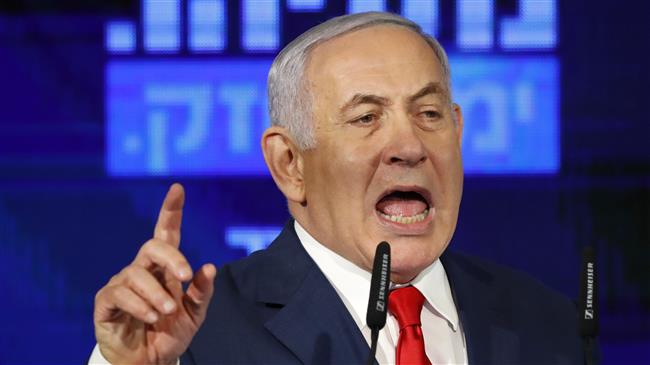



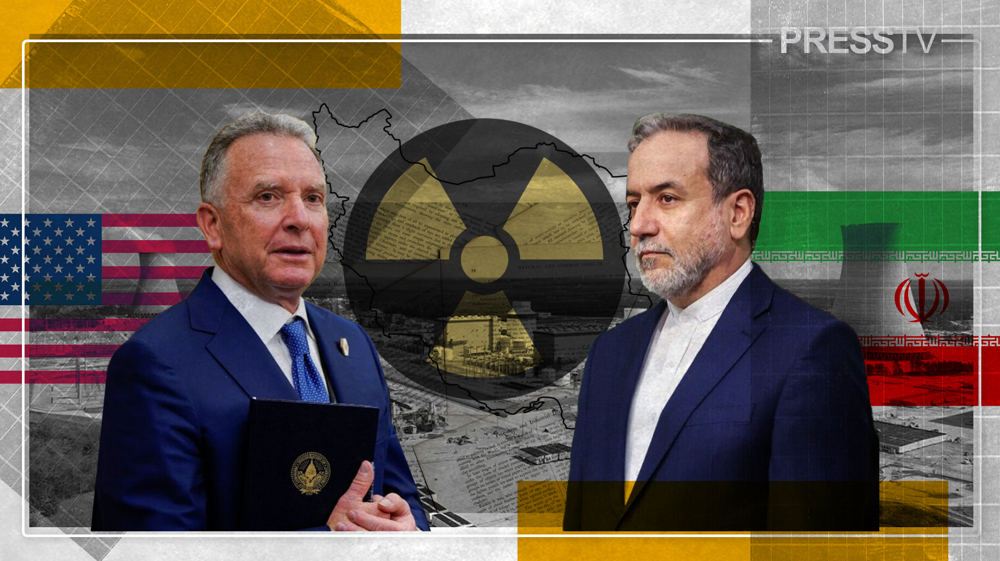
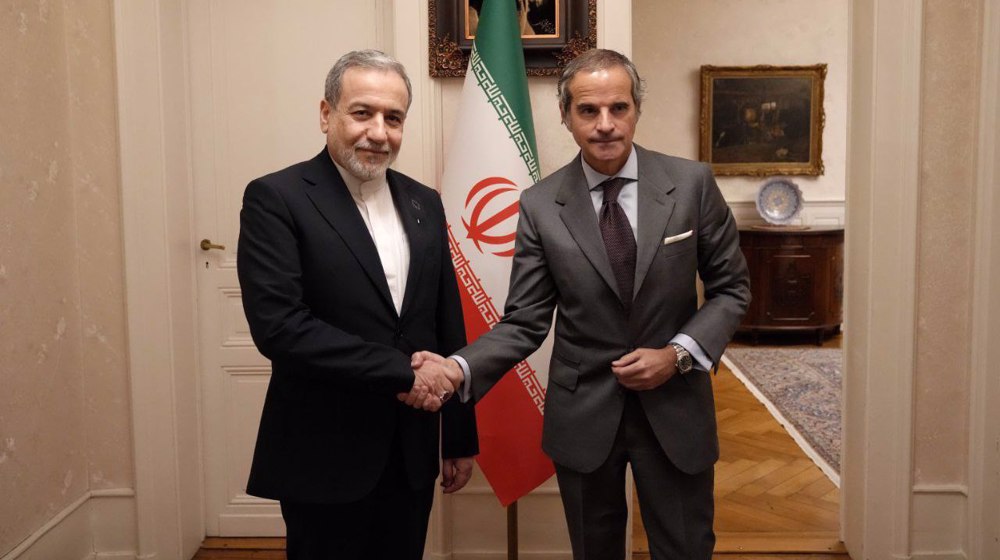
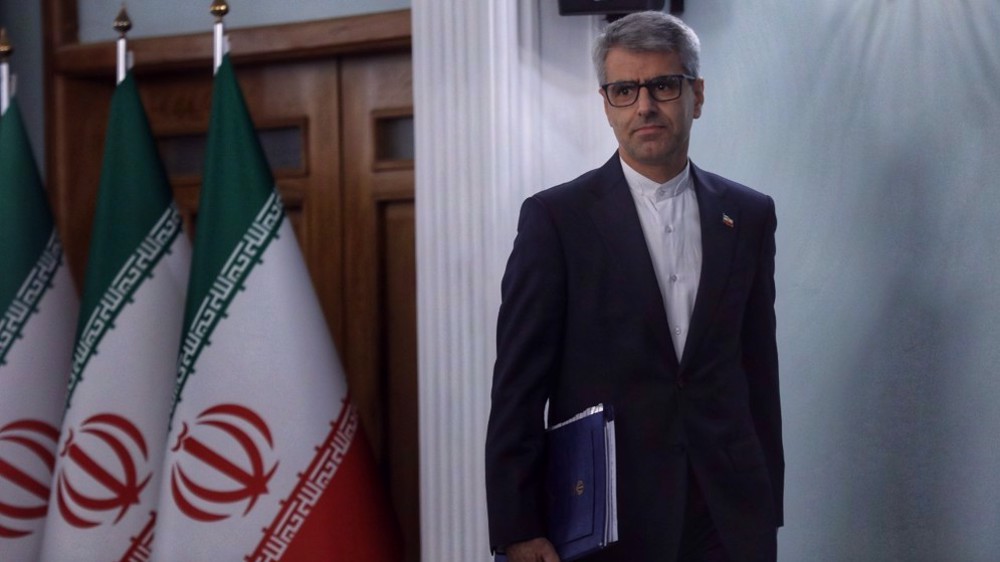





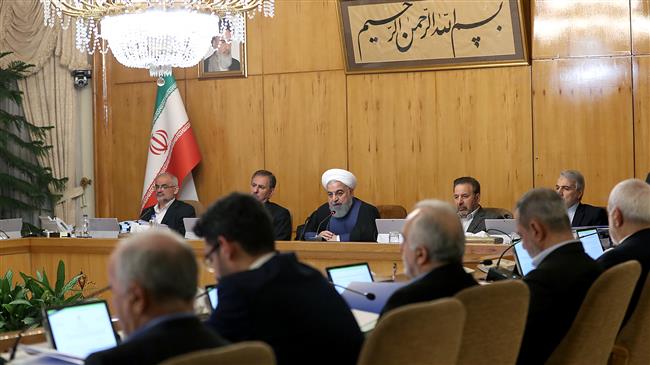

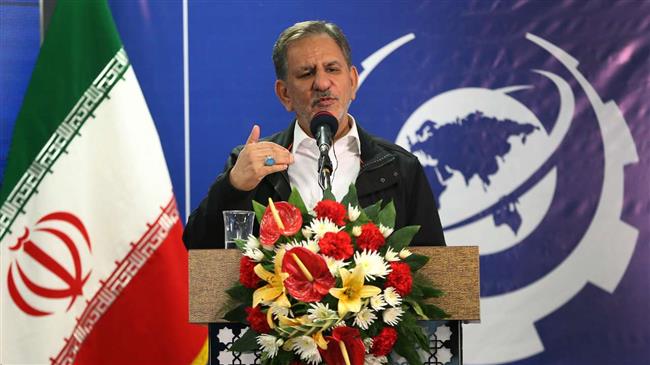

 This makes it easy to access the Press TV website
This makes it easy to access the Press TV website